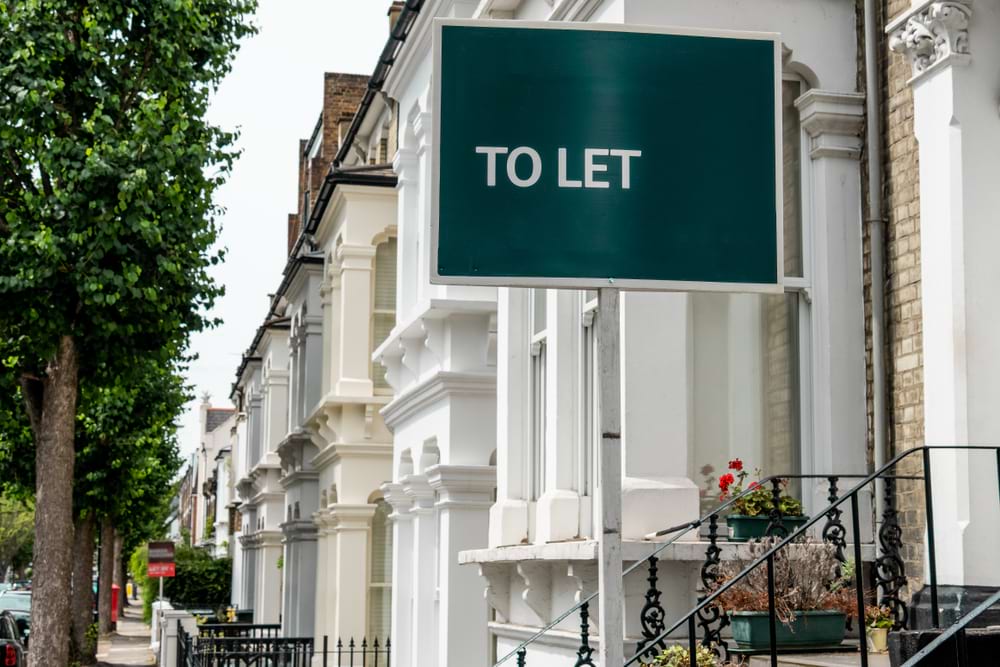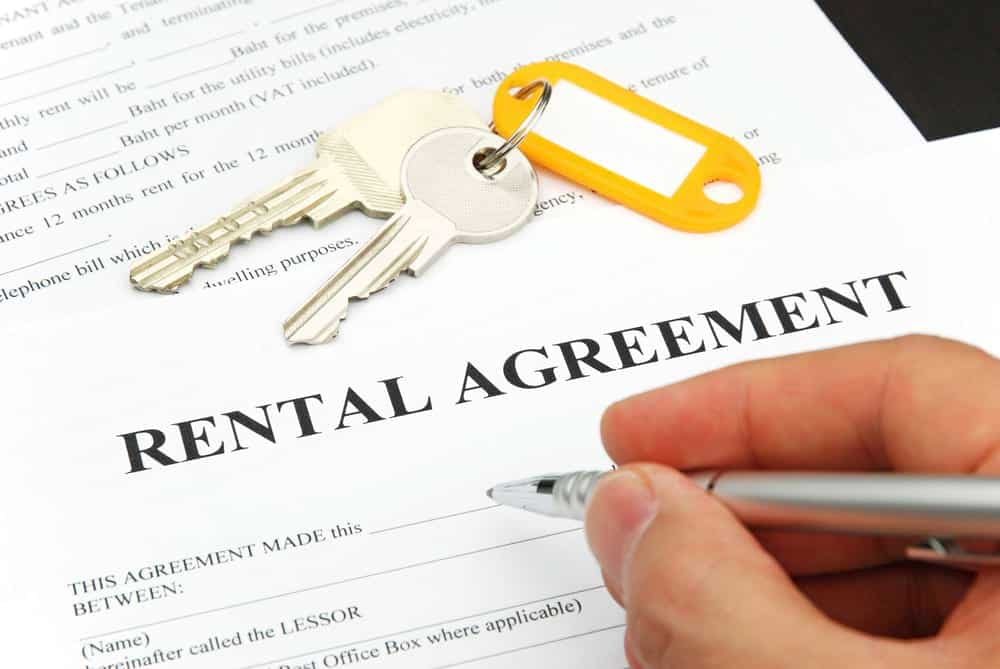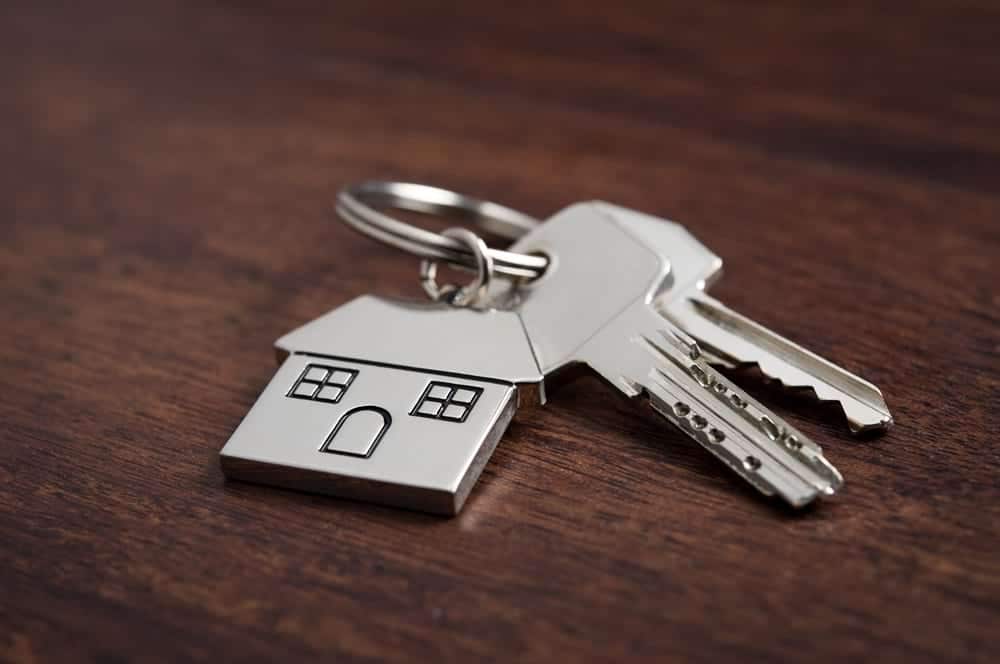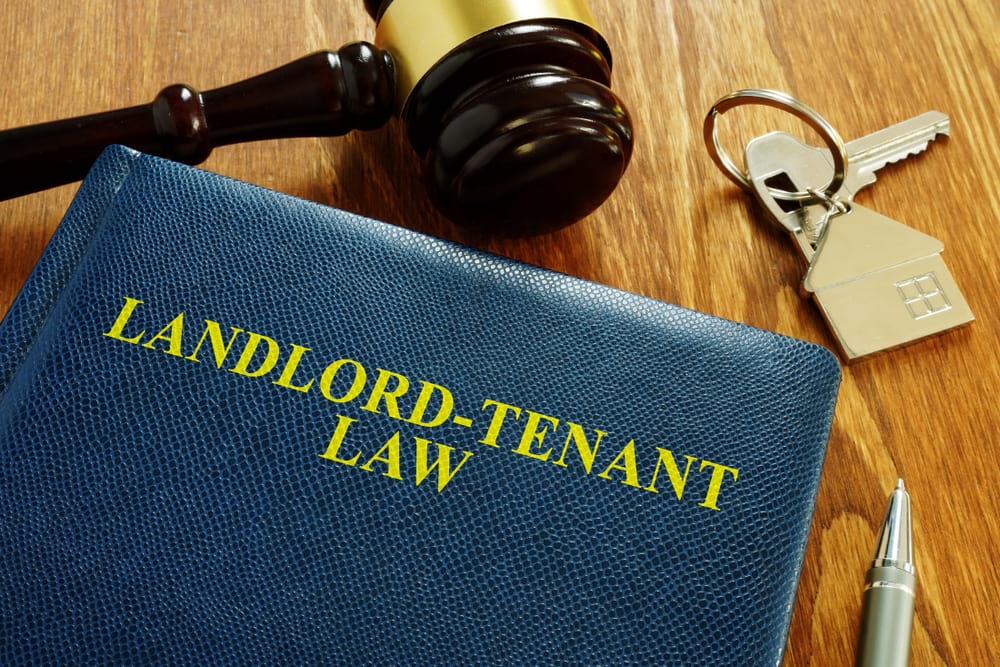Being a landlord can be difficult.
There are many tasks to do, from maintenance to security to collecting rent and much more.
Some even give up and sell their tenanted property.
So, what can you do to relieve the stress of being a landlord?
Our seven-step list below provides a clear guide to this subject.
1. Use a high-quality property management company
Property management companies (also known as letting agents) handle most landlord tasks, including:
- Marketing rental properties
- Hosting viewings
- Tenant vetting
- Rent collection
- Maintenance requests.
This lifts a huge burden off the landlord’s shoulders.
Additionally, consider building a reliable network of contractors and service providers.
A high-quality letting agent will cost money. But if you can afford it, it’s often worth the cost.
Property management is their full-time job. So, they know how to handle challenges fast.
What to look for in a letting agent?
Reputation
Reputation and experience matter.
Reviews from other landlords and tenants can provide insight. Look out for mentions of customer service and responsiveness.
Local knowledge
It’s ideal to find an agent familiar with rentals in your area. Local knowledge helps them:
- Price properties
- Market the property
- Identify good tenants
- Process tenants’ details
- Deal with problem tenants
- Organise and carry out inspections.
Solid network and professionalism
Active involvement in landlord associations demonstrates a commitment to compliance and best practices.
Additionally, consider interviewing potential agents to gauge their professionalism and communication skills.
2. Get all the certificates needed for appliances
Landlords need to have safety and inspection certificates.
Being caught without proper these can lead to hefty fines or lawsuits.
Many certificate need to be periodically reviewed. Being proactive ensures compliance and instils a confidence in potential tenants.
Gas Safety Check certificate
For gas appliances, a Gas Safety Check Certificate is required by law.
A Gas Safe registered engineer must inspect gas installations (boilers, cookers, fireplaces, etc.). They will assess for:
- Leaks
- Carbon monoxide risks
- Proper ventilation.
And more.
The engineer will provide documentation after testing the appliances.
Electrical Installation Condition Report (EICR)
An Electrical Installation Condition Report (EICR) certificate is also a must-have. You should renew this (with an inspection) every 5 years.
It identifies deficiencies you’ll need to address, such as:
- Faulty wiring
- Lack of earthing
- Overloaded circuits.
Energy Performance Certificates (EPCs)
Energy Performance Certificates (EPCs) are now required when renting out homes.
They summarise a property’s energy efficiency based on insulation and heating.
You must provide new tenants with documentation showing the energy rating. EPCs are valid for 10 years.
3. Take an inventory
A detailed rental property inventory can prevent disputes. And it can ensure tenants care for the space.
It should document the condition of the entire property at the start and end of a tenancy. This includes things such as:
- Furniture provided
- Appliances and electronics
- Decoration such as paint, wallpaper, blinds
- Flooring and ceilings
- Bathrooms and kitchen fittings
- Outbuildings like sheds and garages.
Photographic evidence is beneficial for an inventory. Date-stamped photos or videos confirm the property’s state during handovers.
Tenant inventories
Give tenants ample time to review inventories at move-in and move-out.
They can request amendments if anything needs to completed. Both parties must sign off on the final inventory.
This provides proof of the property’s condition. And makes security deposit deductions fair if tenants cause damage.
Keeping an updated inventory takes diligence but avoids major disputes down the line.
Additionally, consider implementing a system for handling tenant turnover. For example, conducting thorough inspections and addressing maintenance issues.
4. Work out your figures in advance
Finances are a big part of being a successful landlord.
Understand expenses and savings can prevent issues when unexpected costs appear. You should calculate projected costs before listing a property.
Consider using property management software to track your:
- Expenses
- Income
- Tenant deposit statuses.
And more.
Some of the essential figures to estimate include:
- Mortgage payments
- Insurance premiums
- Property taxes
- Agent fees
- Regular maintenance
- Emergency repairs
- Periodic upgrades or renovations
- Void periods between tenants
Be conservative with income estimates and liberal with expenses.
You may also want to leave padding for unpredictable costs, such as a broken boiler. Maintaining a sinking fund is useful for this.
Prepare for all financial scenarios
Consider different scenarios.
For example, what happens if a tenant leaves or rental income decreases?
It is worth considering all financial obligations before renting your property out. Speak with experienced landlords and agents to get insight into typical costs.
Understanding figures helps you set rent to cover expenses and generate reasonable returns.
Be ready to handle unexpected costs without financial hardship. Doing the maths ahead of time provides peace of mind.
5. Use professional cleaners
First impressions matter. So, you should ensure that rental properties are as clean as possible before your new tenants move in.
Hiring professional cleaners is well worth the investment for move-ins and move-outs.
- They have industrial equipment and cleaning agents
- Deep carpet cleaning removes embedded stains and odours
- Appliances and bathrooms are cleaned.
Tenants appreciate the effort put into providing them with a clean space to move into.
It gets the relationship off on the right foot. And it establishes expectations for how they should care for the home.
Professional cleaning services can also do touch-up cleaning between tenants. This makes the property ready for rental faster.
Some cleaners even offer repairs and repainting services for an all-in-one solution.
6. Vet your tenants
Ensuring the security and well-being of your property is paramount. This is why finding responsible tenants is one of the most crucial aspects of being a landlord.
Problem tenants can cause significant issues.
This is why vetting applicants before offering a lease is so crucial. It provides a sense of security and protection for your property.
Get tenant references
Request references from previous landlords, employers, and character references.
Follow up with them and ask questions about:
- Reliability
- Cleanliness
- Communication skills
- Prompt rent payment.
Review the tenant’s credit score and report to spot red flags like frequent late payments or arrears.
Vetting by estate agents
Use your estate agent as a resource in the vetting process.
They likely have relationships with previous landlords and insights from prior applications.
Refrain from accepting subpar tenants to fill vacancies. A few weeks of extra searching is worthwhile to find quality long-term tenants.
7. Find local trusted handypersons
Even the most responsible tenants will sometimes submit maintenance requests.
Issues can arise in every building, from loose door handles to appliance repairs. Having a roster of reliable handypersons makes responding to requests easy and efficient.
Search for insured handypersons located close to your rental property.
Browse online reviews and ask for references to verify quality artistry. Meet in person and communicate how you want to handle callouts and repairs.
What are some questions to ask prospective handypersons?
- What are your rates and minimum fees?
- What hours/days can you respond to emergencies? (For example, if heating cuts out during winter)
- How quickly can you respond to non-emergency repairs?
- Do you provide written quotes for larger jobs?
Make sure they understand your expectations for communication and punctuality. Clarify how to access tenanted properties securely when tenants aren’t at home.
A trusted handyman on standby will allow you to handle maintenance calls fast. Provide their contact details to tenants in their welcome packet.




















